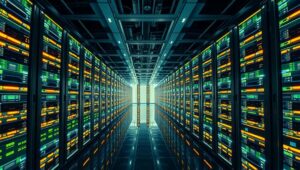The Future of Database Technologies: SQL, NoSQL, and NewSQL (2026)
The Future of Database Technologies: SQL, NoSQL, and NewSQL (2026) As we advance towards 2026, the landscape of database technologies continues to evolve at a rapid pace. SQL, NoSQL, and NewSQL databases each play a crucial role in managing the ever-growing volumes of data. This article explores the projected trends and future directions of these technologies. SQL: The Enduring Standard Structured Query Language (SQL) databases have been the cornerstone of data management for decades, and their relevance is expected to persist. Key trends include: Cloud Optimization: SQL databases are increasingly optimized for cloud environments, offering scalability, high availability, and managed












